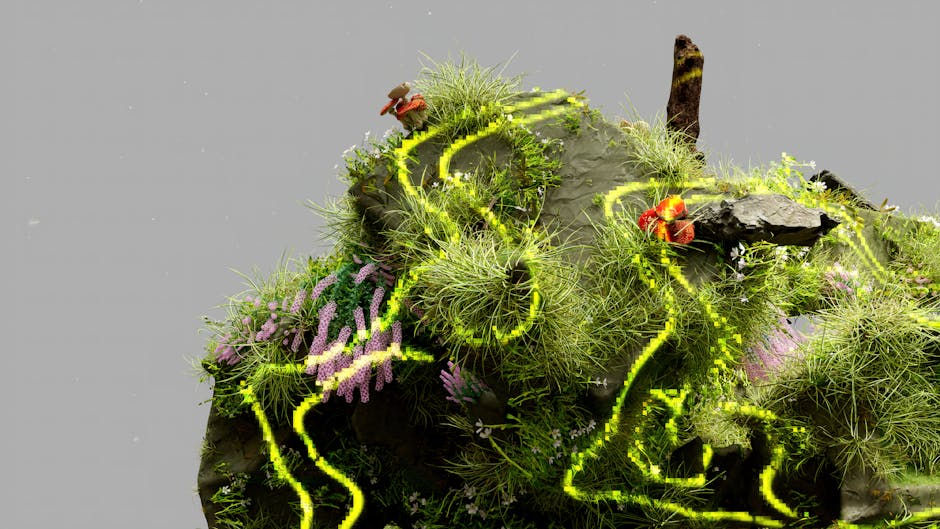
Biodiversity Conservation: Protecting the Fragile Web of Life
Biodiversity Conservation: Protecting the Fragile Web of Life
Biodiversity conservation refers to the preservation and protection of the variety of life forms found on Earth. It encompasses efforts to protect ecosystems, species, and genetic diversity.
Conserving biodiversity is crucial to maintain the delicate balance of nature and ensure the long-term survival of all living organisms, including humans. Here are some key reasons why biodiversity conservation is important:
- 1. Ecosystem stability: Biodiversity helps in maintaining the stability of ecosystems by supporting various ecological processes, such as nutrient cycling, pollination, and pest control. A loss of biodiversity can disrupt these processes, leading to ecosystem collapse.
- 2. Medicinal value: Many plant and animal species provide valuable medicinal resources. Biodiversity conservation is essential to preserving these natural sources of medicine, which can be crucial for future healthcare.
- 3. Economic significance: Biodiversity is often linked to economic prosperity, especially in sectors such as agriculture, forestry, and tourism. Conserving biodiversity ensures the sustainable use of natural resources, which in turn supports livelihoods and economic growth.
- 4. Climate change resilience: Biodiverse ecosystems can adapt better to environmental changes, including climate change. By conserving biodiversity, we enhance the resilience of natural systems and their ability to mitigate the impacts of climate change.
Effective conservation efforts involve various strategies, such as protected areas, habitat restoration, sustainable land management, and public awareness campaigns. It requires collaboration between governments, organizations, and individuals to address the complex challenges facing biodiversity.
By actively participating in biodiversity conservation, we can contribute to preserving the fragile web of life and ensure a sustainable future for generations to come.
